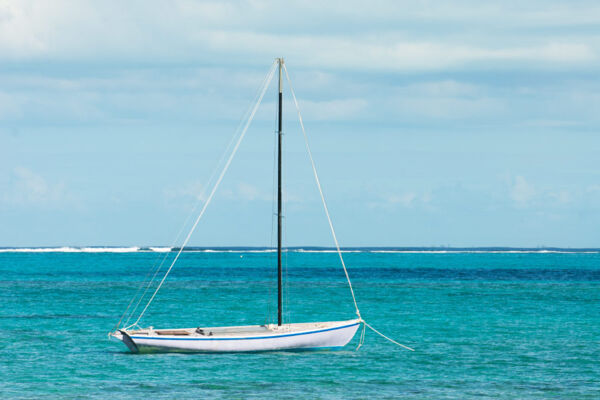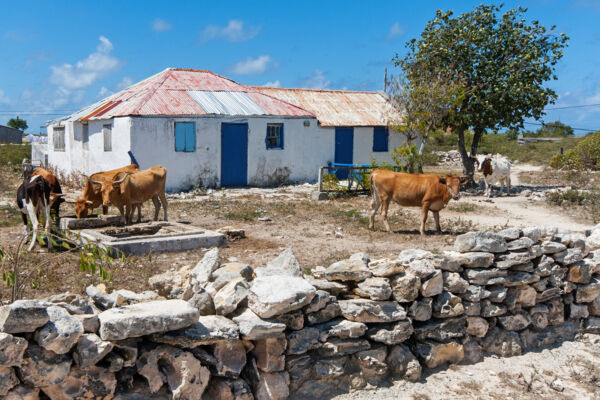Turks and Caicos Zika Information

Zika, or more accurately the Zika virus, is a virus spread via mosquito bites. This disease has been shown to cause severe birth defects in pregnant women. For other persons, this virus typically causes no or mild symptoms (similar to a mild case of dengue fever).
Pregnant women, and those planning to become pregnant, should not travel to areas where there is Zika transmission. There is no vaccine for the Zika virus.
History of the Outbreak
The Zika outbreak which affected the Turks and Caicos started in 2015 in Brazil, spread through South America and Central America, and led to a general Centers for Disease Control and Prevention (CDC, a United States government organization) warning in January 2016. By mid-2016, cases were being identified in the Turks and Caicos, and the CDC issued an advisory advising against non-essential travel for pregnant persons or those who may become pregnant.
By September 2016, the number of cases reached 11.
Removal from Travel Advisory
The last confirmed case in the Turks and Caicos was in January 2017. By October 2018, Turks and Caicos was still on the CDC’s travel advisory.
Role of CARPHA
The Caribbean Public Health Agency (CARPHA) was established legally in July 2011. Its operations started in 2013 and are headquartered in Trinidad and Tobago.
CARPHA merged five existing, separate agencies dealing with environmental health, infectious diseases, and nutritional issues.
It was only two years after CARPHA was functional that it took lead on the Zika outbreak and transmission throughout countries in the region.
Mosquitoes

Three mosquito-borne diseases have been detected in the Turks and Caicos Islands: Zika, Dengue, and Chikungunya. Yellow Fever is not present in the Turks and Caicos.
During the Zika outbreak, the Government considered using genetically modified mosquitoes in an effort to curb transmission and infection. This was done in the Cayman Islands. However, this never progressed past the initial suggestion phase in the Turks and Caicos.
Mosquitoes can be an annoyance at times in the Turks and Caicos, especially after heavy rainfall. Of the major islands, North and Middle Caicos usually experience the worst mosquitoes, followed by Providenciales. Grand Turk and Salt Cay, due to the drier environment and small size of the islands, experience pests to a lesser degree.
Precautions against mosquitoes, when present, are the usual long-sleeve shirts and bug spray.
Government Mosquito Control
The Turks and Caicos Government conducts mosquito control on all inhabited islands with varying degrees of success. In concert with fogging by trucks (using Malathion), an educational campaign and program to reduce mosquito breeding sites is also done. Trash, which unfortunately plagues some settlements on the islands, often breeds mosquitoes, as empty bottles, plastic food trays, and used car tires retain water which cultivates mosquito larvae.
Local Medical Care
Healthcare in the Turks and Caicos is primarily delivered at the private medical clinics on Providenciales and at the country's two hospitals: Cheshire Hall Medical Centre on Providenciales and Cockburn Town Medical Centre on Grand Turk.
It is strongly recommended for all travelers to the country to purchase comprehensive travel insurance and medical coverage before visiting. Confirm in advance whether your policy covers you for illness due to Zika.
